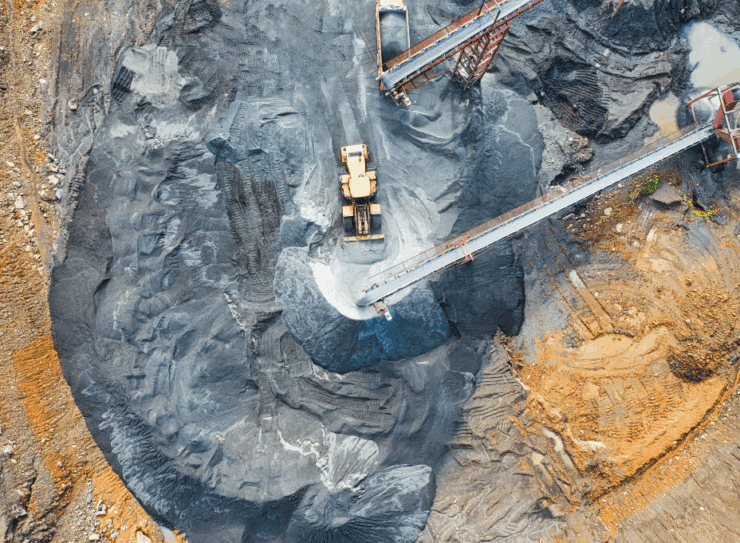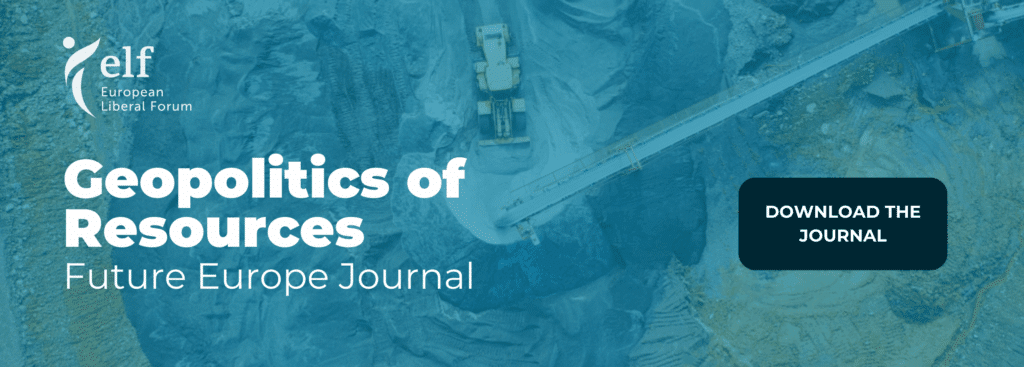8 September 2025
Pillars of Strategic Autonomy: Where Does the EU Stand in the Global Race for Resources?
Acute geopolitical tensions are reshaping the very foundations of international relations and trade, often turning critical resources into weapons of global power play.

